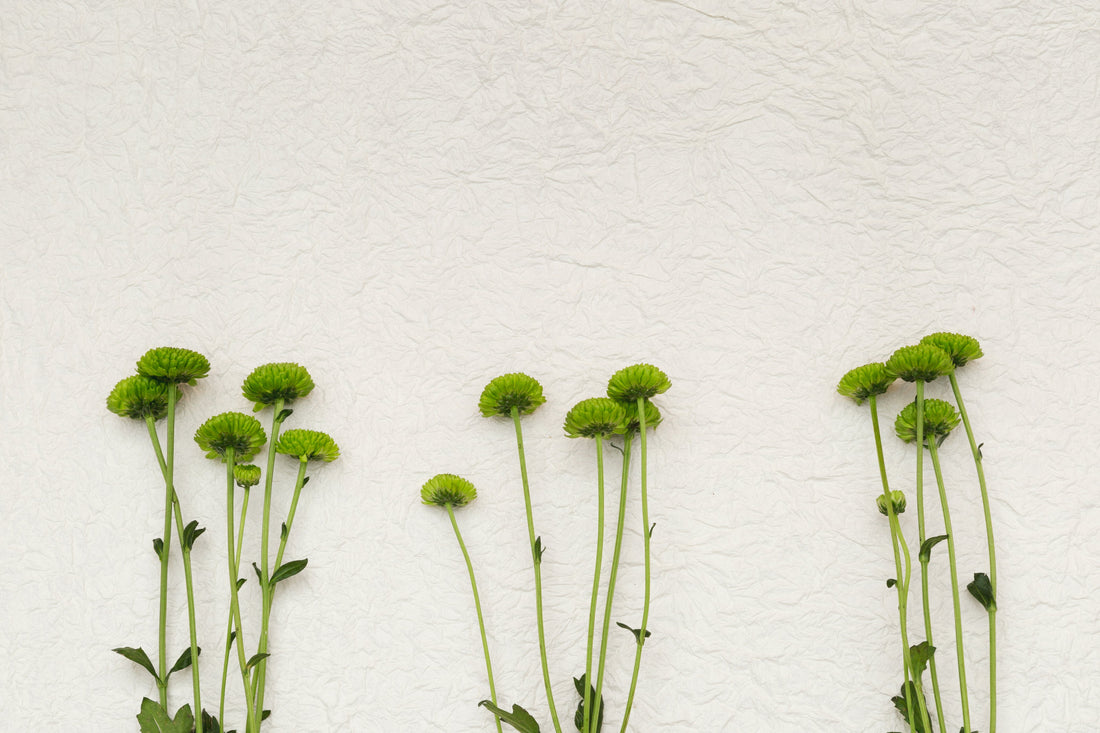Struggling to fall asleep or stay calm at night? You’re not alone. Many people face restless nights caused by stress, overstimulation, or an overactive nervous system.
Nervine herbs offer a natural, gentle solution. These plant allies calm the nervous system, support relaxation, and encourage deep, restorative sleep.
In this article, we’ll cover the nervine herbs I wish I knew about sooner—like passionflower, California poppy, hops, mugwort, catnip, valerian, and blue vervain—and how to use them for peaceful nights. For additional adaptogenic support, check out Ashwagandha for Sleep & Stress: How This Adaptogen Promotes Deep Rest.
What Are Nervine Herbs?
Nervines are plants that support and calm the nervous system. They reduce anxiety, ease tension, and help the body prepare for sleep. Unlike strong sedatives, nervines encourage natural balance and relaxation.
Benefits include:
- Reducing stress and anxiety
- Supporting healthy nervous system function
- Encouraging deeper, more restorative sleep
- Promoting relaxation without grogginess
Key Nervine Herbs for Sleep
-
Passionflower (Passiflora incarnata)
Passionflower is well-known for its ability to promote calm and improve sleep quality. It supports GABA activity in the brain, helping quiet an overactive mind and ease nighttime tension. -
California Poppy (Eschscholzia californica)
California poppy gently relaxes the nervous system and helps reduce mild anxiety or restlessness. It’s ideal for sensitive individuals seeking natural nighttime support. -
Hops (Humulus lupulus)
Yes, the same hops used in beer! Hops are naturally sedating and help shorten the time it takes to fall asleep. They work particularly well in combination with other nervines like valerian. -
Mugwort (Artemisia vulgaris)
Mugwort has been traditionally used to support vivid, restorative dreaming and gentle nervous system relaxation. It’s a powerful herb for those looking to enhance nighttime rituals. -
Catnip (Nepeta cataria)
Catnip isn’t just for cats! For humans, it’s a mild nervine that reduces tension, soothes the stomach, and encourages restful sleep. It’s especially good for children or sensitive adults. -
Valerian Root (Valeriana officinalis)
Valerian is a stronger nervine, often used for trouble falling asleep or restless nights. It improves sleep quality and promotes a more natural sleep cycle. -
Blue Vervain (Verbena hastata)
Blue vervain is an excellent herb for stress-related sleep issues. It calms both the mind and body, helping to ease tension and nervous agitation before bedtime.
How to Use Nervine Herbs for Nighttime Support
- Herbal teas & infusions: Brew 1–2 tsp dried herb per cup of hot water, steep 5–15 minutes. Longer steeps extract more calming compounds.
- Tinctures: Use concentrated extracts for faster-acting support when evenings are stressful.
- Herbal blends: Combine complementary nervines for synergistic effects, e.g., valerian + hops + passionflower.
Tip: Pair nervines with relaxing bedtime rituals like reading, gentle stretching, or meditation to optimize results.
Combining Nervines With Adaptogens
For even better sleep, combine nervine herbs with adaptogens like ashwagandha. Adaptogens help your body manage daytime stress, while nervines focus on evening relaxation and sleep readiness.
Check out Ashwagandha for Sleep & Stress: How This Adaptogen Promotes Deep Rest to see how to integrate adaptogens with nervine herbs for a holistic sleep strategy.
Cautions & Tips
- Start with smaller doses to gauge your body’s response.
- If you take medications, check with your healthcare provider.
- Pregnant or nursing? Consult a professional before use.
- Avoid combining multiple strong sedatives without guidance.
Takeaway
Nervine herbs like passionflower, California poppy, hops, mugwort, catnip, valerian, and blue vervain are gentle yet powerful allies for calming the nervous system and improving sleep.
Paired with adaptogens like ashwagandha, they create a holistic nighttime routine that supports both stress management and deep, restorative rest. Consistent use can transform restless evenings into peaceful, refreshing nights.
Start exploring nervine herbs tonight and wake up feeling truly rejuvenated.

